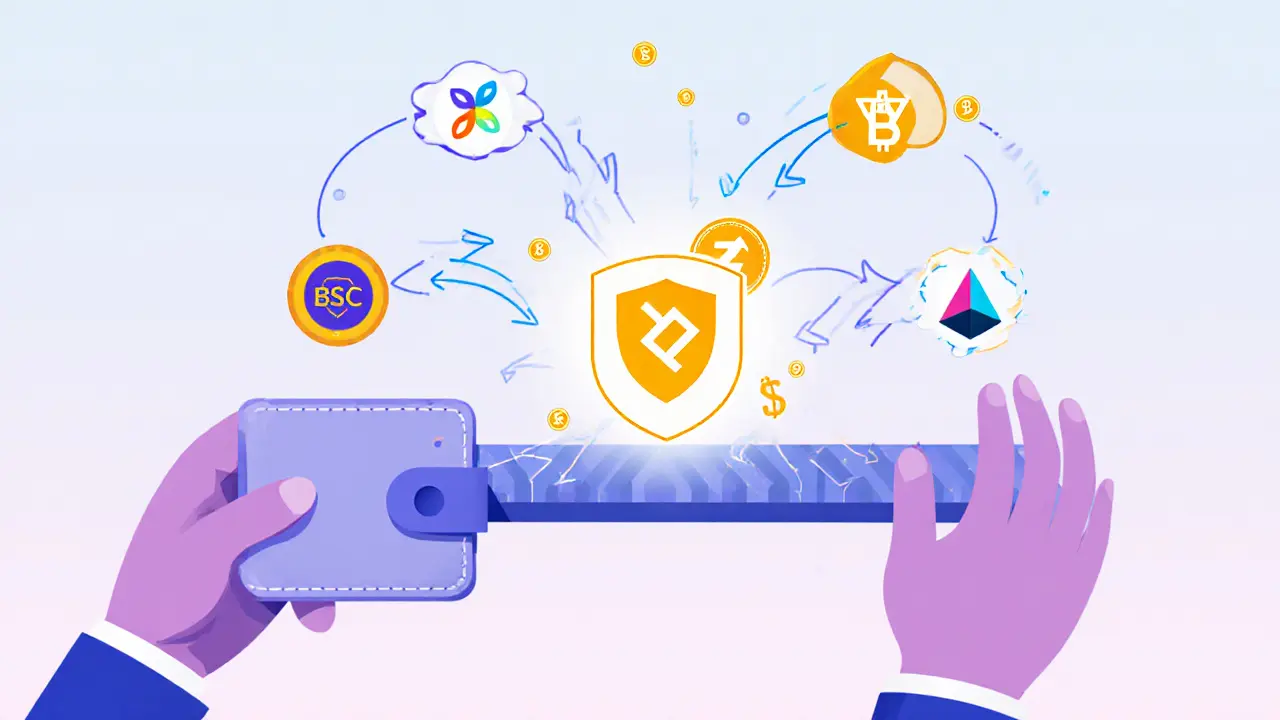MCASH Token: What It Is, Where It’s Used, and Why It Matters
When you hear MCASH token, a digital asset built on blockchain networks, often used for payments, rewards, or platform access within specific ecosystems. Also known as M-Cash, it’s one of many tokens designed to function as internal currency—like loyalty points, but on a public ledger. Unlike Bitcoin or Ethereum, MCASH doesn’t aim to be a global money system. It’s usually tied to a single app, exchange, or community project. That means its value isn’t driven by market demand alone—it depends on whether people actually use it.
MCASH tokens often appear in platforms that reward users for activity—like sharing content, inviting friends, or holding other coins. You’ll see similar models in tokens like THOREUM or TCT, where rewards come from reflections or staking, not from trading volume. But here’s the catch: many of these tokens have no real utility beyond the platform that created them. If the platform dies, the token becomes worthless. That’s why you’ll find posts here about dead tokens like LAND or SMAK—same story, different name. MCASH could be next if it lacks real adoption.
What makes MCASH different from other tokens? It’s not the tech—it’s the context. Some MCASH tokens are used in decentralized exchanges like Zeddex or Verse, where zero fees sound great until you realize there’s no liquidity. Others show up in airdrop scams pretending to be linked to CoinMarketCap, just like THN or KCCPAD. If you see MCASH being pushed as a free coin with big promises, check the contract, check the team, check the trading volume. Most of the time, it’s just noise.
You’ll find real examples of this in the posts below: tokens that looked promising but vanished, platforms that claimed innovation but delivered nothing, and users who lost money chasing hype. MCASH might be one of them—or it might be the exception. Either way, knowing how these tokens behave helps you avoid the traps. This collection doesn’t just list MCASH-related posts—it shows you how to spot the difference between a working token and a ghost.
MCASH Airdrop Details: How Monsoon Finance Distributes Tokens Without Traditional Airdrops
Monsoon Finance doesn't do traditional airdrops. Instead, it rewards users with MCASH tokens for using its privacy bridge across blockchains. Learn how anonymity mining works and why this model might outlast hype-driven airdrops.
Details +